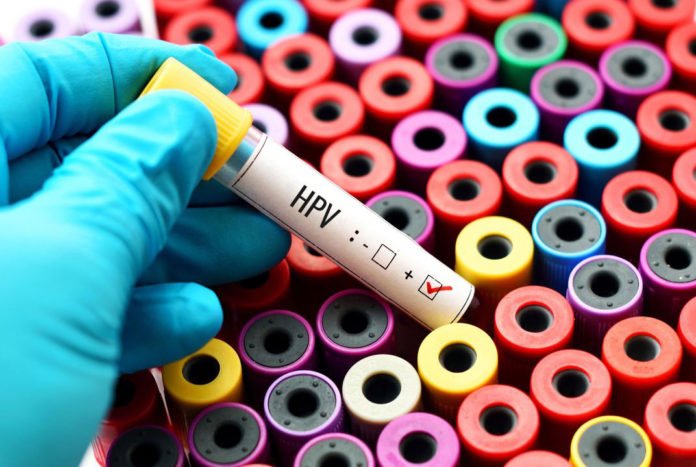Human papillomavirus infection that is passed between people through skin-to-skin contact. There are more than 100 varieties of HPV, 40 of which are passed through sexual contact. According to an estimate, the HPV affects almost 50%-75% of sexually active people.
Currently, the HPV4 vaccine is used to cure 90% of the strains that cause cervical and anal cancer. Despite studies showing the safety of the vaccine, there have been concerns about a possible link to autoimmune disorders.
According to a new study presented in the CMAJ suggests that there is no increased risk of autoimmune disorders in girls who received quadrivalent human papillomavirus (HPV4) vaccination.
Dr. Jeffrey Kwong, a study author and a senior scientist at the Institute for Clinical Evaluative Sciences (ICES) said, “Despite demonstrated effectiveness in real-world settings, concerns continue to persist regarding the safety of the HPV4 vaccine. In light of these concerns, we wanted to study the HPV4 vaccination since it was being offered free to all grade 8 girls in Ontario through school-based clinics.”
For the study, scientists analyzed the data on 290 939 girls aged 12 to 17 years in Ontario who were eligible for vaccination between 2007 and 2013. They studied whether the HPV4 vaccination triggered autoimmune conditions such as lupus, rheumatoid arthritis, type 1 diabetes and multiple sclerosis.
Of the aggregate 180 819 girls who got the HPV4 (Gardasil and Merck) vaccination in school-based centers, there were 681 analyzed instances of autoimmune disorders between one week and two months after immunization. This rate is reliable with the general rate of analyzed cases in this age group.
Dr. Linda Lévesque, Leslie Dan Faculty of Pharmacy, University of Toronto, Toronto, Ontario said, “These findings add to the body of evidence on the safety of the HPV4 vaccine and should reassure parents and health care providers.”
